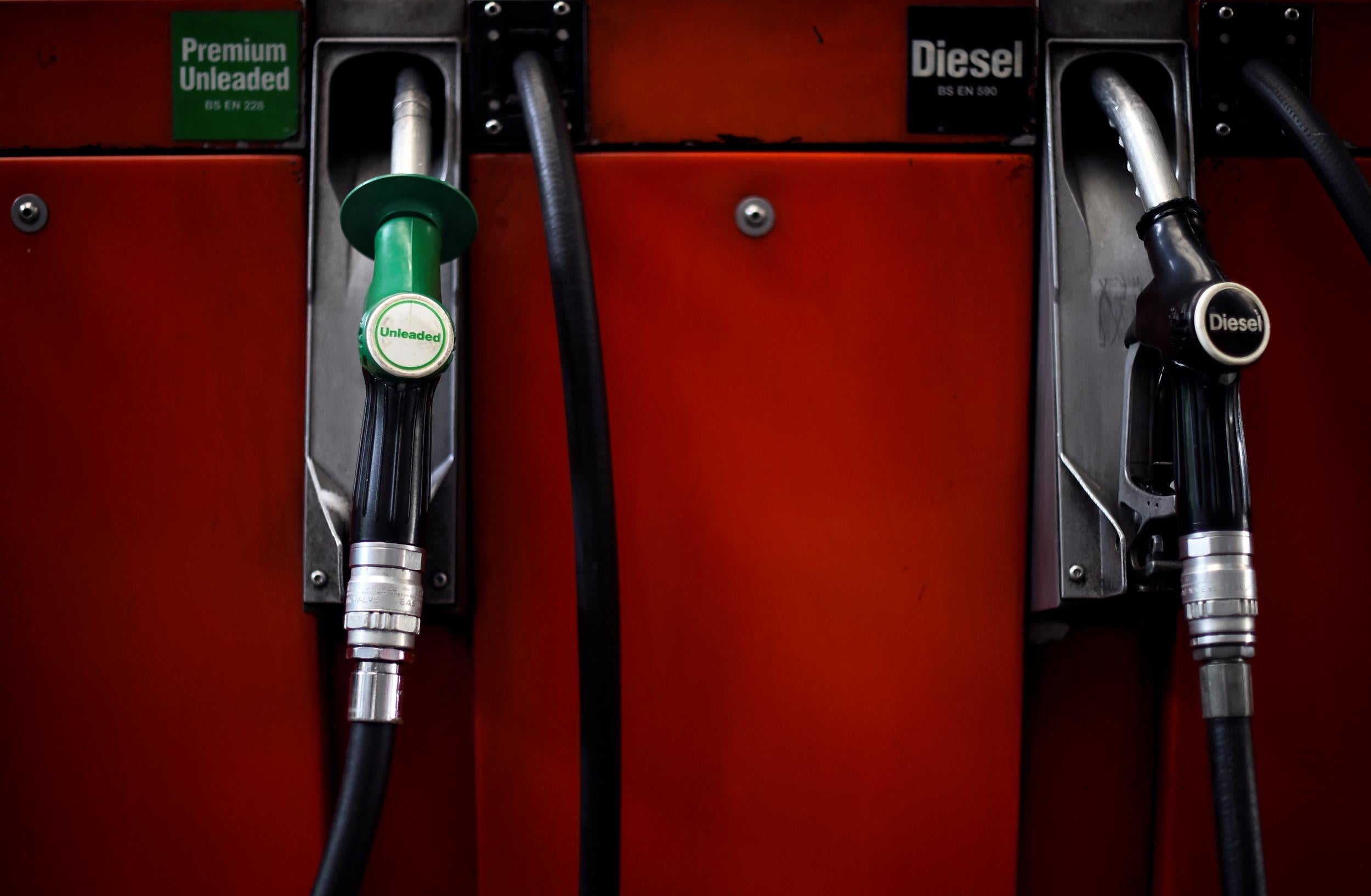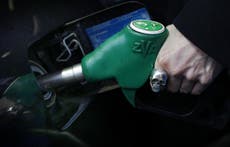Lifting the freeze on fuel duty might be a regressive tax – but it is the best option to fund the NHS
The plan seems sensible given the freeze that fuel duty enjoyed and the need to protect household incomes at a time when wages and living standards have seen such sluggish growth over that same period

There are questions that politicians fear being asked. The price of a loaf of bread, for example. Or whether they’ve ever tried cannabis. Most potent of all, though, is “how will you pay for it?” For some weeks now Theresa May and her colleagues have been more than usually jumpy because they had little idea about how they could fund their £20bn per annum spending boost for the NHS, an expensive but deserved birthday present on its 70th anniversary. Now, it is rumoured they do.
Evidently someone at the Treasury or No 10 must have remembered the old standby of every government in a tight fiscal corner – “sin taxes”, the duties that no one can object to because they discourage us from doing bad things, and the finds are used to benevolent purposes. So the extra resources for the NHS will be found from taxing fuel and alcohol more heavily. There is a strong case for both, though with some powerful caveats.
It is now a quarter of a century since a Conservative chancellor, Kenneth Clarke, invented the “fuel duty escalator” – a device to increase the tax on petrol and diesel by more than inflation each year, which was a predictable, environmentally sound and reliable way of raising funds at a time when the public finances were being squeezed. When New Labour came to power, Gordon Brown made the escalator much steeper. Since 2011, with howls of anguish from hard-pressed motorists, hauliers and small business, the coalition and Conservative governments have chosen to freeze fuel duty. That, it seems, is about to change.
The most powerful and immediate benefit will be on the environment. With the confusion surrounding the future of the tax regime for diesel cars, and with the damage done by the Volkswagen dieselgate scandal lingering on, more drivers are choosing petrol over diesel alternatives. This has meant a fall in NOx pollution, the sooty particulates that emerge from the exhaust of diesel cars, but higher CO2 emissions, as diesel cars inherently burn less fuel per mile than petrol engine vehicles. In order to restrain this overall trend, and indeed encourage greater fuel economy, an increase in fuel duty within a predictable framework is long overdue.
It is true that this would be a regressive tax rise, disproportionately expensive for poorer motorists, and would hit rural areas, especially the Scottish islands, more heavily than cities with adequate public transit systems. Still, the money for the NHS has to be found somewhere, and fuel duty seems the least bad way of doing so, given the long-term freeze it has enjoyed and the need to protect household incomes at a time when wages and living standards have seen such sluggish growth over that same period.
As for alcohol, then the case is still more fitting. The damage done by alcohol abuse costs the NHS dear, and there is some justice in seeing its consumption constrained in favour of funding the NHS. Alcohol, particularly spirits, can be found absurdly cheaply in supermarkets, and the chancellor has already taken steps to levy heavier duty on potent white ciders. If Philip Hammond were feeling radical, he might choose to move to a more rational system whereby all types and flavours of alcohol, from stouts to bucks fizz were taxed on their alcohol content.
In any case the chancellor should also take care to limit damage that is being done to what’s left of the British pub, on social grounds and because – though the case can be overstated – it is a “safer” drinking environment than home consumption – “preloading“ – of bottles of cheap supermarket spirits. As with the gap between the business rates paid by traditional retailers and the likes of Amazon, the gap between the prices paid in a pub and a supermarket for alcohol are irrational, unfair and socially damaging. It is time for reform of both areas, as well as time to fund the NHS properly.


Join our commenting forum
Join thought-provoking conversations, follow other Independent readers and see their replies